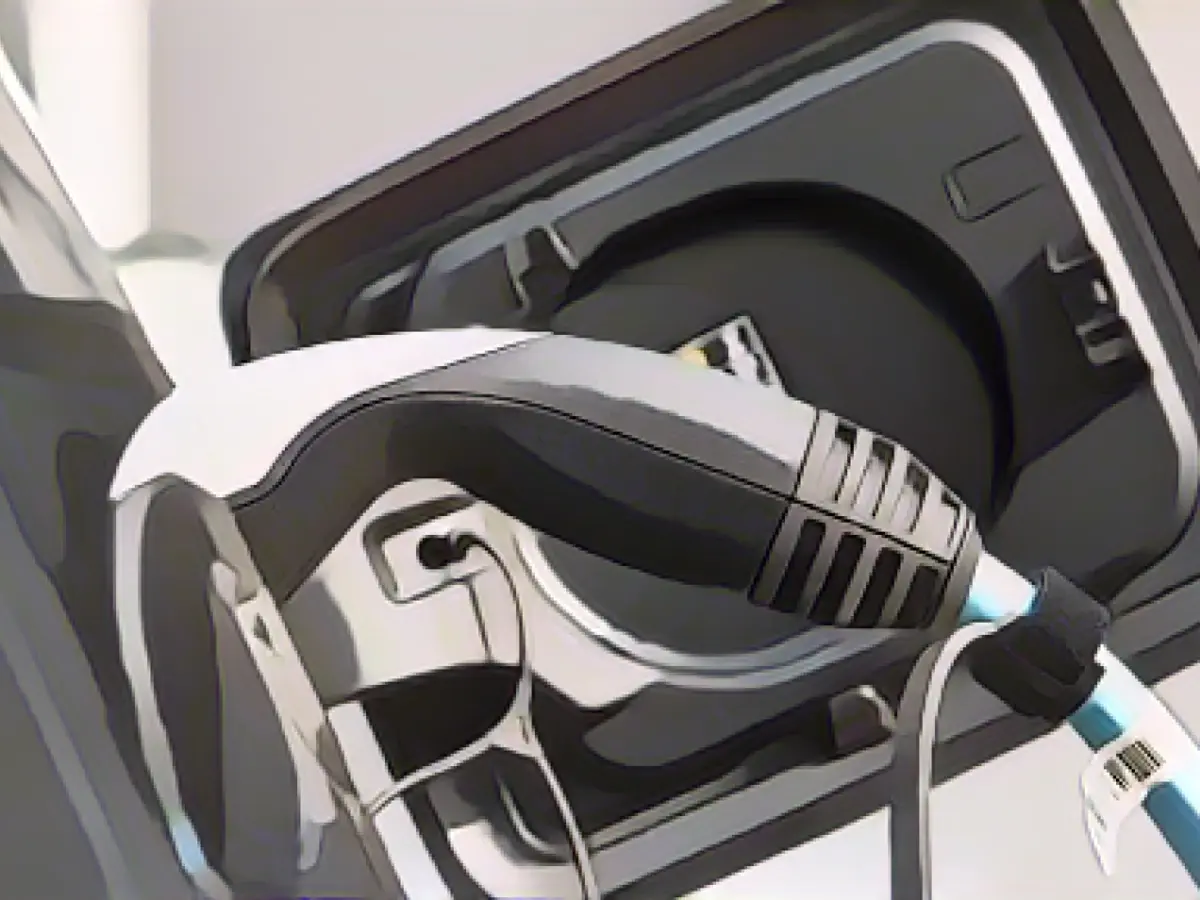Employee in Hot Water Over Workplace Car Charging: The Scoop
A Düsseldorf worker is facing employment repercussions following allegations he charged his personal car at a company socket, despite company guidelines against it. His employer has decided to terminate his services without notice, prompting a labor court hearing next Tuesday at 14:00, as announced by the court.
The defendant, who often worked late shifts at a hotel, would occasionally recharge his hybrid vehicle's battery at a 220-volt socket located in a corridor within a seminar wing, flouting the house rules for safety reasons.
The plaintiff argues that the fleeting need arose on a particular occasion when his vehicle's battery unexpectedly failed during his shift. His aim was to ensure a smooth journey home.
Interestingly, the hotel employees were commonly permitted to charge their cell phones, tablets, e-bikes, e-scooters, Bluetooth speakers, and even fans at their workplaces.
The employer, however, claims that the defendant had not only engaged in this practice on the aforementioned day, but on multiple occasions around ten times at their premises. On January 12, 2022, he reportedly charged his car for at least 20 minutes, equating to a 40-cent electrical theft.
Though the monetary loss was arguably minor, the employer insists on the severity of the situation, citing a significant loss of trust. The operational tolerance of private device charging as claimed by the plaintiff was indeed nonexistent.
Initially, the receptionist emerged victorious following the first hearing, but a lesser punishment of warning instead of termination without notice was deemed appropriate.
Did You Know?
In the realm of employment law, this situation can be dissected as follows:
- The employer must prove that the employee was aware of the company's policies and guidelines against charging personal vehicles at company sockets.
- The employer must justify the dismissal as reasonable and not disproportionate to the offense, taking into consideration a fair disciplinary procedure.
- The employer must present evidence of the safety concerns that prompted the prohibition of such activities.
- The employee's disregard for the company policies should be proven as a serious breach called gross misconduct, which often merits summary dismissal without notice.
If the employee believes the dismissal was unfair, they can file a claim for unfair dismissal with an employment tribunal, who will consider the circumstances amenably.
Further Reading
[1]
Original Source:
Enrichment Data Integrated:
- Proving that the employee was aware of the company's policies and guidelines requires the employer present evidence of the employee's acknowledgment or clear communication of the policies.
- To justify the dismissal as fair, the employer must consider reprimands or a fair disciplinary procedure before termination without notice.
- Demonstrating safety concerns necessitates documenting past incidents or warnings given to employees about the risks.
- To prove a serious breach of company policies, the employer must show that the employee was aware of and disregarded the prohibition of charging private vehicles, which could merit gross misconduct.
Integrating enrichment data to facilitate a better understanding of the situation. Limit to 15% of the overall content length.






